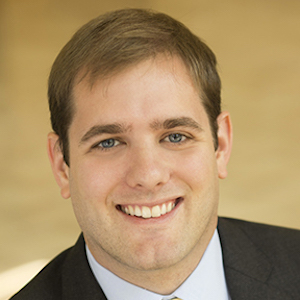Neil G. Ferrari is a partner at Munck Wilson Mandala, practicing in the technology/intellectual property law group. Neil focuses his practice in the areas of patent preparation and prosecution, patent litigation, and intellectual property licensing. Neil has a broad range of legal experience in patent matters, including domestic and international patent preparation and prosecution, patent infringement and litigation matters, defending and prosecuting inter partes reviews, licensing, and opinions. Neil prepares and prosecutes domestic and international patent applications in a variety of technical areas including electrical circuitry, semiconductor devices, telecommunication systems, software applications, computer architecture, lighting systems, control systems, aircraft components, and medical devices. Neil also works with counseling companies on the identification, protection, development, and monetization of their intellectual property.
For more information or to contact Neil, please visit his Firm Profile Page.

Recent Articles by Neil Ferrari
While most commentary to date has focused on the implications for litigation, two recent Federal Circuit decisions have promising implications for patent prosecutors struggling to overcome conclusory rejections that claims lack subject matter eligibility. Since Alice and the subsequent interim guidance by the U.S. Patent Office, one aspect of subject matter eligibility determinations that has frustrated patent prosecutors has been the fact-free, conclusory analysis commonly provided. However, the Federal Circuit’s February decisions in Berkheimer and Aatrix conflict with the Patent Office’s guidance that “judicial notice” fact-finding is sufficient for subject matter eligibility rejections, and the substantial evidence standard applicable to administrative fact-finding during examination does not comport with the underlying “examiner expertise” rationale for that guidance.

![[IPWatchdog Logo]](https://ipwatchdog.com/wp-content/themes/IPWatchdog%20-%202023/assets/images/temp/logo-small@2x.png)

